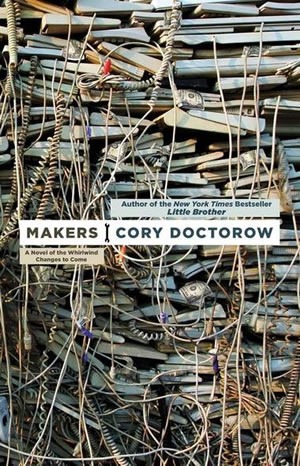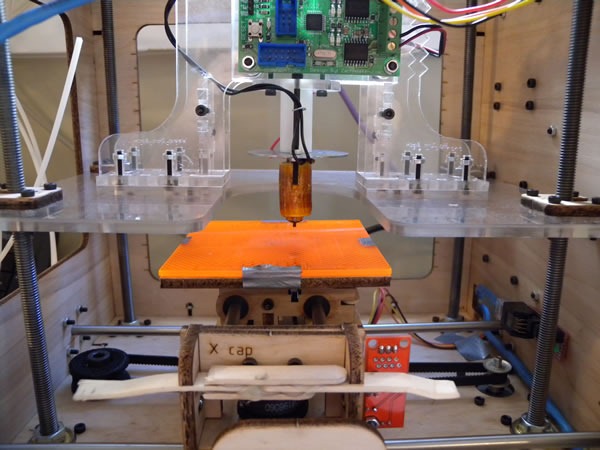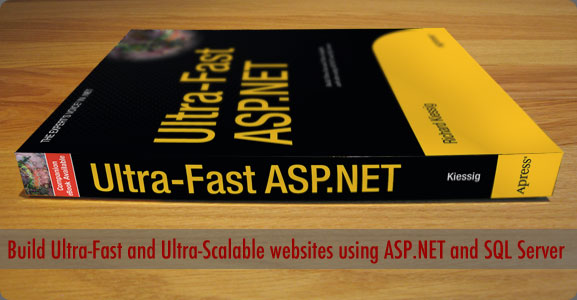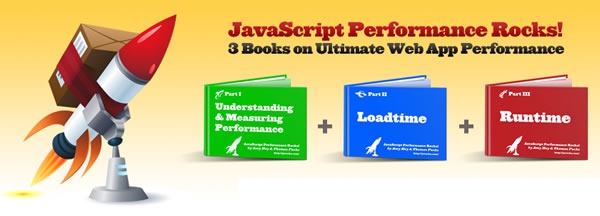
My friend (and former officemate!) Cory Doctorow is launching his latest novel, Makers, tonight at the Toronto Public Library at 239 College Street (east of Spadina). The fun happens in the Merrill Collection room, located on the third floor at 7 p.m. tonight. Cory will be doing a reading, taking questions and signing books. There will be books for sale at the event courtesy of our local science fiction and fantasy bookstore, Bakka Phoenix.
Here’s the publisher’s blurb about the book:
From the New York Times bestselling author of Little Brother, a major novel of the booms, busts, and further booms in store for America
Perry and Lester invent things—seashell robots that make toast, Boogie Woogie Elmo dolls that drive cars. They also invent entirely new economic systems, like the “New Work,” a New Deal for the technological era. Barefoot bankers cross the nation, microinvesting in high-tech communal mini-startups like Perry and Lester’s. Together, they transform the country, and Andrea Fleeks, a journo-turned-blogger, is there to document it.
Then it slides into collapse. The New Work bust puts the dot.combomb to shame. Perry and Lester build a network of interactive rides in abandoned Wal-Marts across the land. As their rides, which commemorate the New Work’s glory days, gain in popularity, a rogue Disney executive grows jealous, and convinces the police that Perry and Lester’s 3D printers are being used to run off AK-47s.
Hordes of goths descend on the shantytown built by the New Workers, joining the cult. Lawsuits multiply as venture capitalists take on a new investment strategy: backing litigation against companies like Disney. Lester and Perry’s friendship falls to pieces when Lester gets the ‘fatkins’ treatment, turning him into a sybaritic gigolo.
Then things get really interesting.
It should be noted that while 3-D printers of the sort in Cory’s novel are still the stuff of science fiction, simpler versions exist today. In fact, at the Hacklab, where I spend many a working day, we’ve got a MakerBot Industries “Cupcake” 3-D printer that can “print” plastic objects.
Here’s what the Cupcake looks like:

A computer connected to the Cupcake controls it. The big loop of plastic to the upper left of the machine is the material from which objects are printed. Here’s a closer look at its internals:

We have a small gallery of objects that were created using the Cupcake:

If you’d like one of your own, the fine folks at Makerbot Industries would be more than happy to sell you a kit.
This article also appears in The Adventures of Accordion Guy in the 21st Century.









 Take a look at the slides from
Take a look at the slides from 